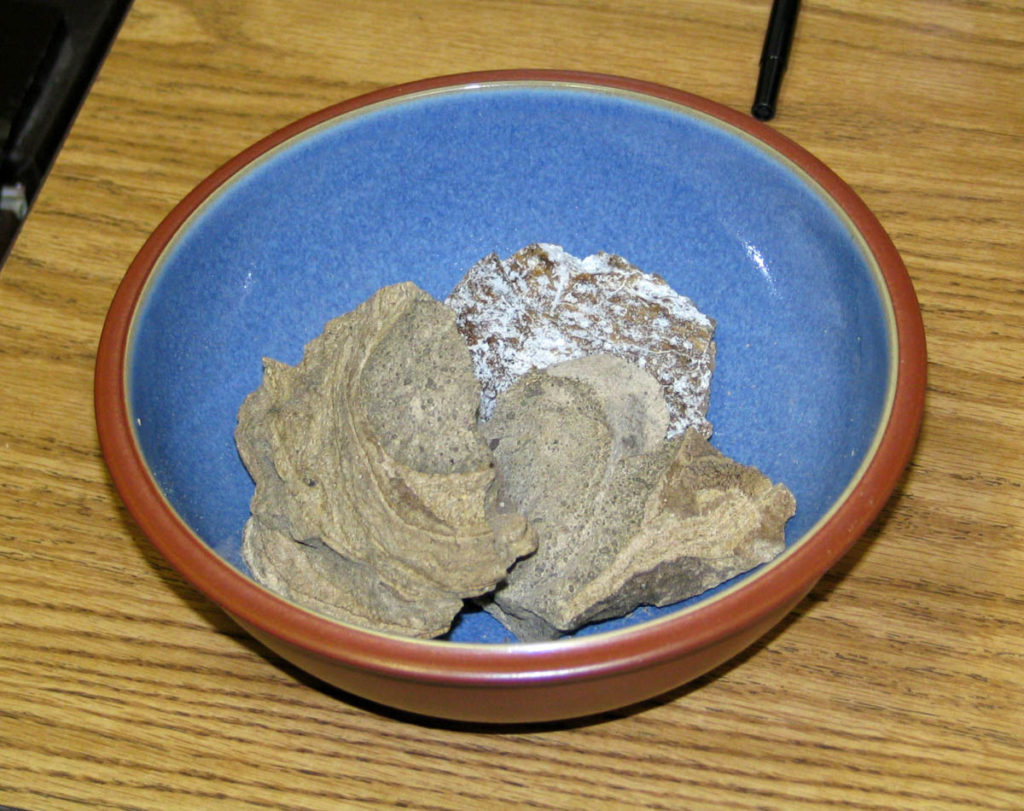Ambergris is produced in the intestines of a limited number of sperm whales. Despite the fact that sperm whales are a threatened species, ambergris is considered a waste product and can be sold in some countries.
A group of Yemeni fishermen discovered a sperm whale carcass floating in the Gulf of Aden in June 2021, earning them a life-changing $1.5 million.
Ambergris, also known as grey amber, is a solid, waxy, flammable substance produced in the digestive system of sperm whales. The odour of freshly produced ambergris is marine and faecal. It develops a sweet, earthy aroma as it ages, similar to the fragrance of rubbing alcohol but without the vaporous chemical astringency.
Ambergris has long been prized by perfumers as a fixative that extends the life of the scent, though it has been largely replaced by synthetic ambroxide. Dogs are drawn to the smell of ambergris and are occasionally used by ambergris seekers.
Ambergris is best known for its use in perfume and fragrance, similar to musk. Ambergris is still used in perfumes. Ambergris has long been used in food and beverages. According to legend, King Charles II of England’s favourite dish was eggs and ambergris. A thread of ambergris was added to rum, almonds, cloves, cassia, and orange peel in a mid-nineteenth-century recipe for Rum Shrub liqueur from The English and Australian Cookery Book to make a cocktail. In 18th century Europe, it was used as a flavouring agent in Turkish coffee and hot chocolate. In some cultures, the substance is regarded as an aphrodisiac.

The whaling industry thrived from the 18th to the mid-nineteenth centuries. According to some estimates, nearly 50,000 whales, including sperm whales, were killed each year. Throughout the 1800s, “millions of whales were slaughtered for their oil, whalebone, and ambergris” to fuel profits, and as a result, they became endangered as a species. In 1982, the International Whaling Commission imposed a moratorium on commercial whaling in response to studies indicating that whale populations were under threat. Although ambergris is not harvested from whales, many countries prohibit the trade of ambergris as part of a broader prohibition on whale hunting and exploitation.
Urine, faeces, and ambergris (naturally excreted by a sperm whale) are waste products that are not considered parts or derivatives of a CITES species and thus are not covered by the International Whaling Commission.
Illegal
- Australia – Under federal law, the export and import of ambergris for commercial purposes is banned by the Environment Protection and Biodiversity Conservation Act 1999. The various states and territories have additional laws regarding ambergris.
- United States – The possession and trade of ambergris is prohibited by the Endangered Species Act of 1973.
- India – Sale or possession is illegal under the Wild Life (Protection) Act, 1972.
Legal
- United Kingdom
- France
- Switzerland
- Maldives
Ambergris is not illegal or prohibited in Canada because you can’t always find it and can not obtain it directly from the sperm whale. It can be sold for up to $40,000 a kilogram. (88 pounds)






